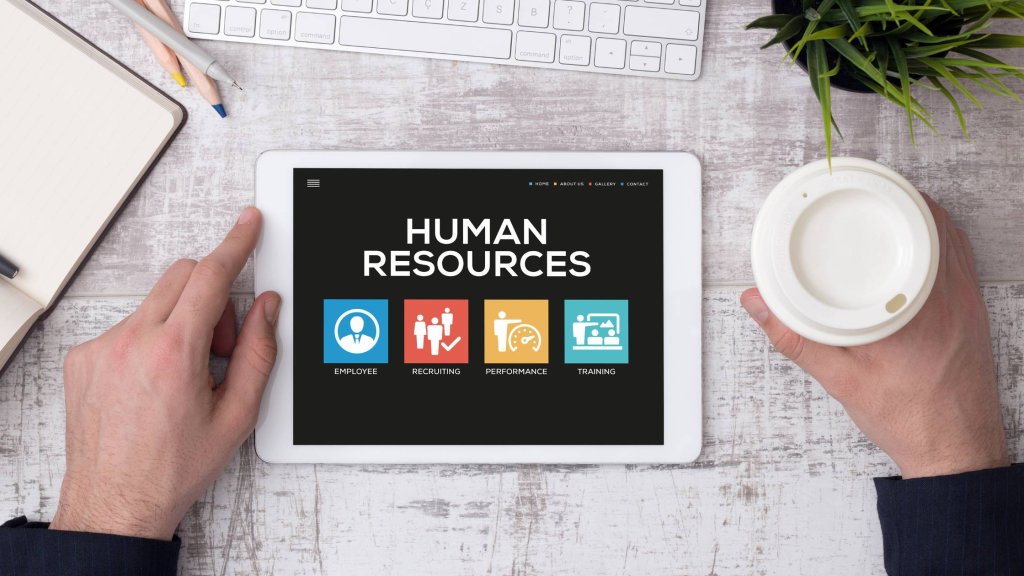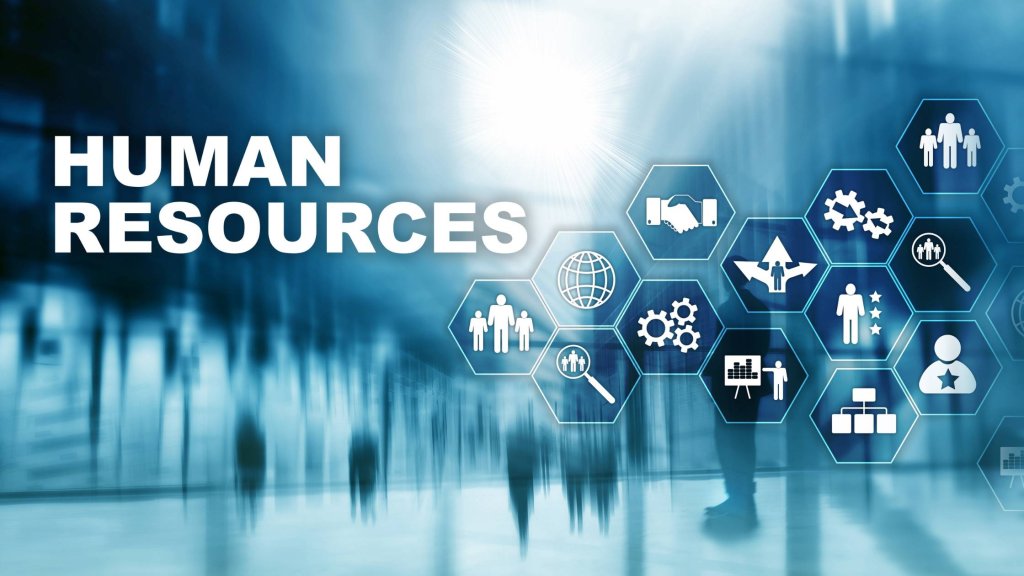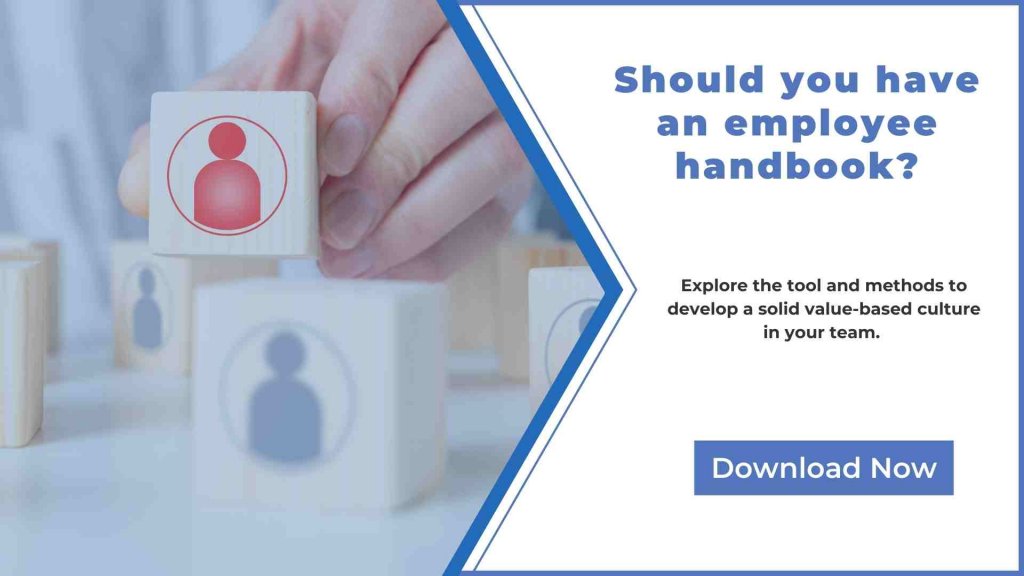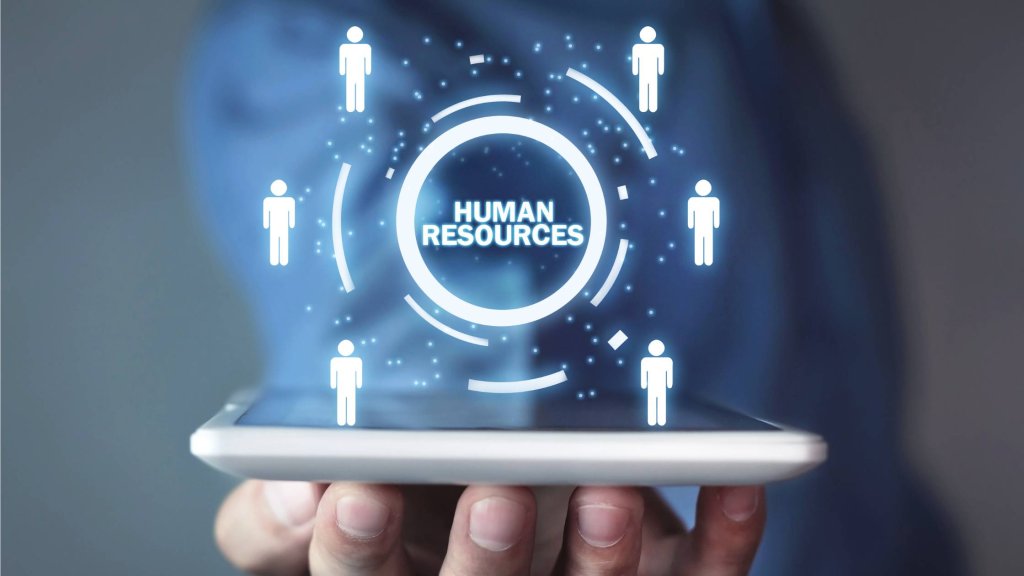VIEW BY TOPIC
- Finding Customers
- Business Systems
- Managing Employees
- Leadership
- Managing Money
Related Posts

Ready to Grow Your Business Fast?
Here’s How I Grew Five Businesses, and Eventually Sold One to a Fortune 500 Company.

What Is the Exact Function of HR in a Small Business
Every small business owner needs to be a master of multitasking. As the one behind the wheel of your company, you need to be in charge of strategic oversight and be the leader, while at the same time being involved in everyday tasks. HR paperwork and administration are just some of these tasks that can take a significant chunk of your time. Delegating HR can take a lot off your plate and help you focus on developing and growing your business. Such team is responsible for everything from hiring new employees to termination of their contracts or retirement. But what exactly is the role of HR when it comes to small businesses? Here’s everything you need to know about the function of HR.
Salary and benefits in HR

The HR department is in charge of compensation management. In other words, this team needs to ensure that the company offers salaries and bonuses that are equitable and competitive. When creating a pay structure, there are several factors HR needs to keep in mind. First of all, this department needs to be aware of any statutory minimum wages. Second of all, HR needs to identify any benefits that must be provided by law. These depend on the company’s location and can include paid time off and disability insurance. Apart from the salary, HR also needs to determine any other employee benefits that come as a part of the compensation package. These include health insurance, paid leave, commissions, and more. Studies show that these benefits are highly important to employees and that almost 80% of them would accept extra benefits over a pay rise. The HR department is also in charge of payroll and taxes. Regardless of the size of your business, these processes can be complex and time-consuming. HR needs to ensure that your business runs payroll on time. This way your employees will remain happy and motivated. Luckily, today this is easy thanks to state-of-the-art payroll systems. With modern payroll software, this process is much faster, more reliable, and efficient. Thanks to the online world and options like this website, the right payroll platform for your company is just a few clicks away. 
Recruitment of new employees
If your business is looking for new talent, the HR department will be on it. The role of this team is not only to attract top talent but to retain it as well. However, this is not a simple or quick assignment. High-quality recruitment and retention of employees requires a lot of effort, time, and money. This is not a surprise since the recruitment process includes numerous steps, such as preparing job descriptions, managing interviews, completing paperwork such as contracts and work eligibility documents, and coming up with an onboarding process, as well as implementing it. Diversity, equity, and inclusion need to be the center of the recruitment process, even when it comes to small businesses. These should infuse each and every level of the organization, HR included. By doing so, your company will become much more attractive to potential employees, since most professionals seek to work for a company that values diversity, equity, and inclusion. Apart from looking for new talent, HR is also in charge of retention practices. HR department must develop strategies that will boost employee satisfaction and engagement, and help employees find opportunities for personal and professional growth within the company.
Ensuring employee engagement
When employees share the same goals as their company, they are more motivated and productive. This directly affects the profitability of your business. Therefore, it is no wonder that another role of HR is to boost employee engagement. This is done through various strategies, from organizing team-building events to focusing on employee well-being and encouraging feedback and interaction. Engaged employees are also less likely to be absent from work, while on the other hand, disengaged employees are always looking for new work and focusing on other opportunities.
Providing training opportunities with HR

As mentioned, HR needs to ensure that employees are able to grow professionally within the company. Various opportunities for professional development will not only boost engagement levels but will also increase motivation and performance. Employees are always looking for a chance to learn new skills, and workplace training, as well as on-the-job training can help them achieve their goals. However, increased performance and motivation are not the only ways your business can benefit from offering training opportunities. With these programs, you can prepare employees for internal promotions, which will save your company a lot of money that would otherwise be spent on external recruitment.
Compliance with federal, state, and local laws
Even if you are running a small business, your company still needs to comply with numerous labor laws and regulations in order to protect itself and its employees. One of the biggest roles of HR is tracking any changes in labor laws and ensuring the company is completely compliant with them. Some of the labor laws your organization needs to be compliant with are The Occupational Safety and Health Act, The Fair Labor Standards Act, and The Family and Medical Leave Act. The first one ensures that the workplace environment is safe for employees and establishes rights to compensation if your employee gets hurt on the job, while the two others limit the workweek to 40 hours and provide employees with 12 weeks of unpaid job-protected leave for specified family and medical reasons. If your business doesn’t operate in compliance with federal, state, and local laws, your company will be greatly fined. However, that is not all. Your company’s reputation would also suffer, and your business will be disrupted while you deal with this problem. Furthermore, reaching out to talent will be much more difficult if your company is not committed to compliance with labor laws. After all, employees want to know that their company will be there to protect them.
It is safe to say that an HR department in a small business plays a relevant role in ensuring the company’s success.













